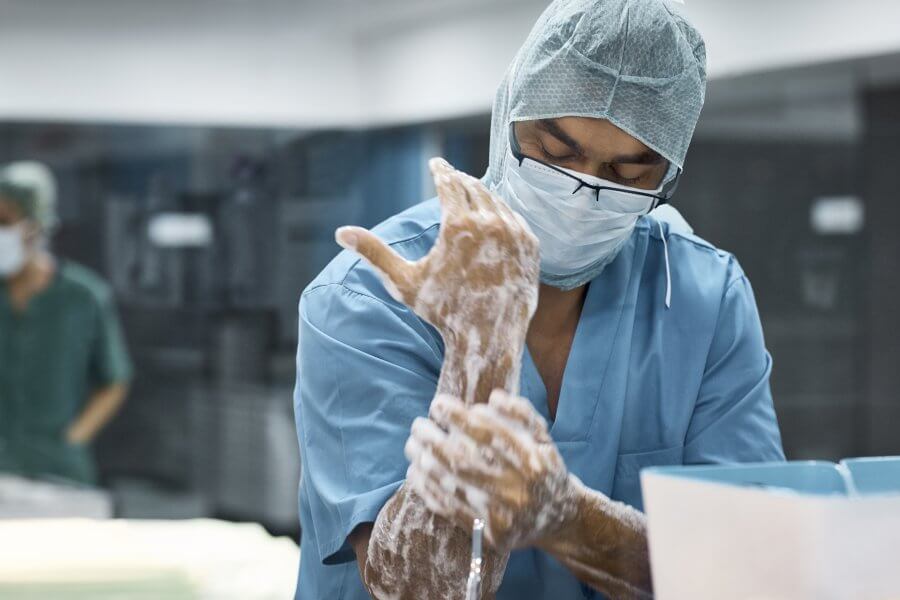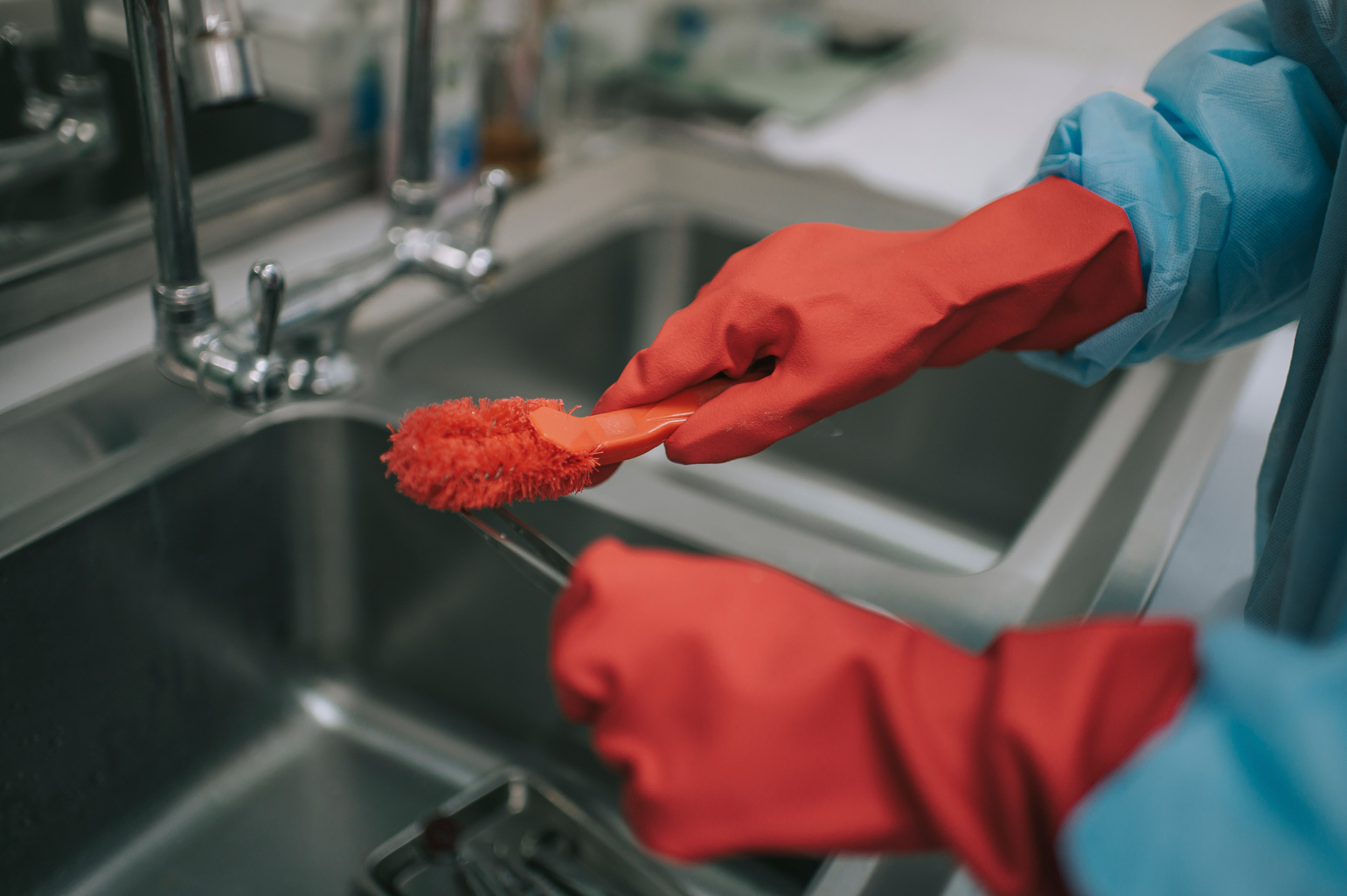
The Association for Professionals in Infection Control and Epidemiology is celebrating International Infection Prevention Week 2020 with a nod towards the work infection preventionists have done to protect healthcare workers from COVID-19.
Protecting healthcare workers from contracting the novel coronavirus is important in every clinical area of the hospital – not just where COVID-19 patients are treated. This includes the endoscopy suite.
Since 2013, the Infection Prevention Champions Program offered by the Society of Gastroenterology Nurses and Associates has trained infection prevention ambassadors in endoscopy suites across the country.
And the novel coronavirus has only increased interest in the program. “The importance of cleanliness and quality care resonates even more so through all this,” said Sarah Heemstra, program manager for the SGNA Infection Prevention Champions Program. “[Champions] act as an essential point person.”
Infection Prevention Champions are responsible for educating their peers and colleagues on the latest best practices for infection prevention in the endoscopy suite. The champions program is open to endoscopy nurses and associates.
Heemstra said 2020 summer enrollment in the program largely exceeded previous years, given the urgency presented by COVID-19. She expects winter enrollment (which opens this fall) to also be higher than previous years.
In March 2020, gastroenterology society guidelines called for postponing all nonurgent endoscopies due to the risk posed by COVID-19 on healthcare workers. Typically, roughly 17.7 million endoscopic procedures are performed in the U.S. annually.
After several months, however, many endoscopy suites are reopening, most with stricter infection control guidelines in place. New society guidelines, for example, recommend all patients be tested for COVID-19 prior to an endoscopy. There are also new guidelines on proper personal protective equipment use.
When it comes to reprocessing endoscopes, society guidelines have not changed as a result of the pandemic. A joint statement from several gastroenterological associations concluded standard reprocessing procedures were enough to protect against the spread of COVID-19 via flexible endoscope.
Heemstra said Champions are also now tasked with educating their peers on new infection prevention guidelines regarding COVID-19.
More information about the program can be found at https://www.sgna.org/Practice-Resources/Infection-Prevention.


